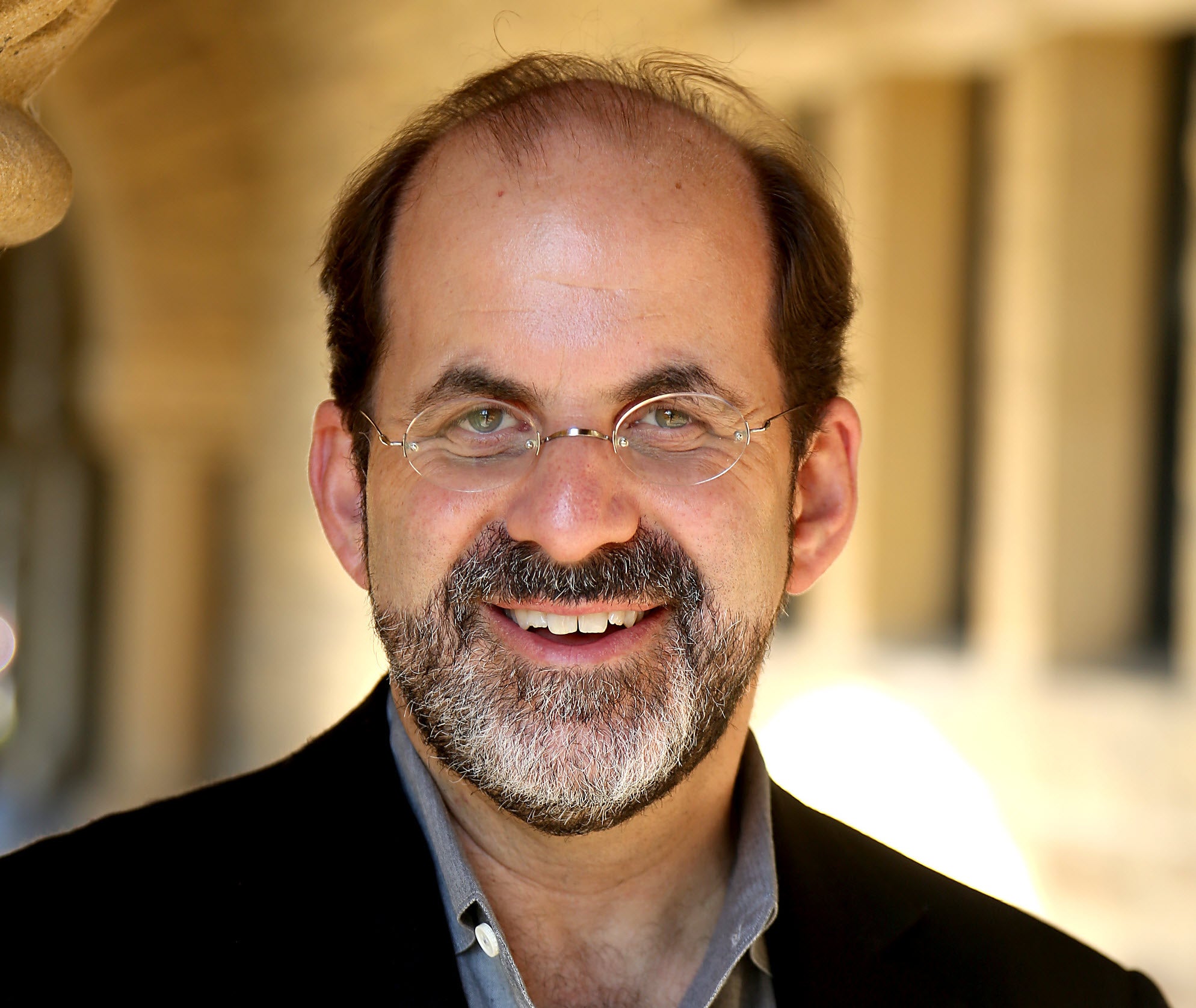While the United States is deeply divided on many issues, climate change stands out as one where there is remarkable consensus, according to Stanford research.

Jon Krosnick, professor of communication and of political science, has been polling Americans on their attitudes toward climate issues and policy for 20 years. (Image credit: Courtesy Jon Krosnick)
“But the American people are vastly underestimating how green the country wants to be,” said Jon Krosnick, a professor of communication and of political science at Stanford, about new findings from a poll he led on American attitudes about climate change.
The study was conducted with ABC News and Resources for the Future, a Washington, D.C.-based research organization. A representative sample of 1,000 American adults nationwide were polled from May 7 to June 11, 2018. The margin of error is +/- 3.5 percentage points.
The poll showed that Americans don’t realize how much they agree about global warming: Despite 74 percent of Americans believing the world’s temperature has been rising, respondents wrongly guessed 57 percent.
“The majority doesn’t realize how many people agree with them,” said Krosnick. “And this may have important implications for politics: If people knew how prevalent green views are in the country, they might be more inclined to demand more government action on the issue.”
Breaking the numbers down along party lines, although Republicans and Democrats differ on the issue, the poll revealed that the gap is not as large as people perceive.
For example, 57 percent of Republicans believe the world’s temperature has probably been increasing over the past 100 years, and 66 percent believe that the increase was mostly or partly caused by humans. However, respondents – which included Republicans, Democrats and independents – thought only 43 percent of the Republican base perceived that the world’s temperature was probably going up.
Democrats’ opinions were also underestimated. Respondents thought 69 percent of Democrats believed global warming has probably been happening, but in reality, the proportion is much higher: 89 percent.
Consistent support for going green
“Public belief in the existence and threat of global warming has been strikingly consistent over the last 20 years, even in the face of a current administration skeptical about climate change,” said Krosnick, who has been tracking public opinion about global warming since 1995.
To coincide with the release of the 2018 survey data, Krosnick has launched a comprehensive website with findings from surveys he has conducted over 20 years. Included are detailed graphs that show how attitudes toward climate issues and policy have trended over time.
Among the most striking findings of the new poll is that the proportion of Americans who say the issue is extremely important to them personally is at an all-time high: 20 percent (up 7 points from 2015), with 56 percent saying it’s either very important or somewhat important.
“Twenty percent of Americans might seem like a small group, but these are people who wake up every morning saying, ‘Another day, another opportunity to do something about climate change,’” Krosnick said. These people are overwhelmingly on the green side of the issue: Some 68 percent say that government should do more. “These are the folks who put pressure on government to take action, and that group has been growing.”
Americans favor a renewable future
The researchers also asked survey participants about what climate policies they support.
Despite U.S. withdrawal from the Paris Climate Agreement, some 81 percent of respondents believe that the country should try to cut the greenhouse gases that trap heat in the Earth’s atmosphere to meet the target in that agreement. A majority of greenhouse gases in the Earth’s atmosphere today comes from carbon dioxide – which is released from burning fossil fuels (coal, natural gas and oil).
One option to reduce greenhouse gas accumulations is to regulate those emissions through taxation.
More than two-thirds of survey respondents (67 percent) said the federal government should require companies to pay taxes for every ton of greenhouse gases they emit. In addition, some 78 percent said that a tax should be levied on oil, coal or natural gas imported by a company from another country.
“Large majorities support some policy approaches and oppose others,” Krosnick said. “For example, the public objects to increasing taxes on gasoline and electricity designed to reduce consumption, perhaps because those taxes guarantee an increase in what consumers pay without a guarantee that emissions will actually be reduced.”
People overwhelmingly favored renewable energy over the traditional oil industry. For example, 81 percent support tax breaks to companies that produce electricity from water, wind and solar power. Americans also see an opportunity for future employment within this sector: 69 percent said the better way for the government to encourage job creation is by developing renewable energy rather than encouraging fossil fuel use.
The researchers also found broad distrust in the traditional energy sector. For example, 78 percent believe that oil companies have not been honest about their products’ role in global warming and think the companies have tried to cover it up. Their doubt is also reflected when it comes to creating American jobs: Only 21 percent believed that protecting the traditional energy industry was the better way for job growth.
“This survey is an exciting next step in our 20-year-old survey research program and documents that Americans continue to send a strong signal to government about their preferences on this issue.”
Krosnick is the Frederic O. Glover Professor in Humanities and Social Sciences in Stanford’s School of Humanities and Sciences. The study co-author is Bo MacInnis, an adjunct lecturer in the Department of Communication at Stanford.
Funding for this research was provided by Stanford Woods Institute for the Environment, Stanford Precourt Institute for Energy and Resources for the Future.
Media Contacts
Melissa De Witte, Stanford News Service: (650) 725-9281, mdewitte@stanford.edu